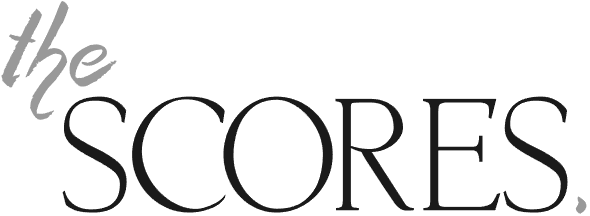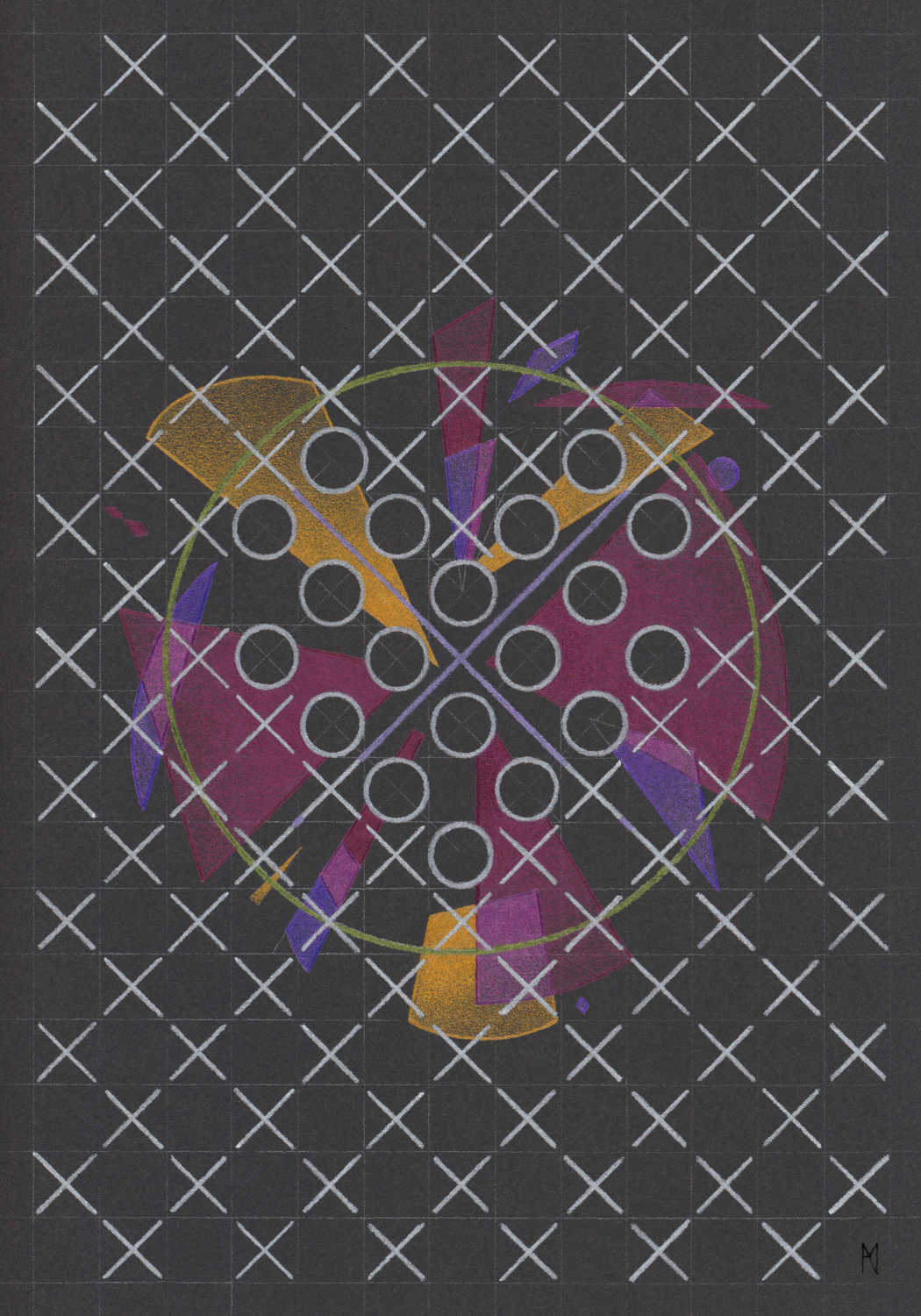Surveillance and the Stars
For a week now, the astrology app on my phone has been giving me passive-aggressive horoscopes. As the days crawled by, they have gone from auto-generated vague platitudes to a specificity that conjures images of satellite surveillance and third-party data mining. “Make something of your morning for once,” blinked the app’s notification the day I slept in till one in the afternoon. I was slightly offended, but figured it was a fluke coincidence and went back to texting.
“Looks do matter to a degree,” my app read. “It’s about time to whiten your teeth.” I had excused myself from the café to inspect myself in the bathroom mirror. Five minutes later, I added Crest 3D Whitening Strips to my grocery list.
After a particularly bad day at work, I started to suspect the app knew more about my life than I thought it could. “Mercury’s not in retrograde,” it told me. “Today was all on you.”
I called my friend who’d told me about the app and she confessed she’d deleted it. It made her feel too existential, too watched, too small and yet too big at the same time. A trick into an illusion of control, she told me. I said I’d keep the app, at least for a bit. “It’s because you’re a Virgo,” she stated.
The latest horoscope made me dismiss the idea of coincidences. My phone lit up with a notification as I drove home from work: “Don’t try to text Jordan back. Or do you enjoy being ghosted?”
I floored it home and combed forums and discussion boards about people’s experiences with the app. I googled who made it, who owned it, bought, sold, how much, when. I traced company lineage of Silicon Valley royalty and tried to understand coding jargon, but could only comprehend the word “algorithm.” I called my friend and she answered on the second ring.
“Did it get too specific? Is it starting to hurt your feelings?” she cooed, her voice chipper with condescension. Just like the app. I admitted yes and said I wanted to see her—twenty minutes later we were at a coffeeshop near both our apartments.
“What do you think is going on, Amy?” I asked before she’d even sat down.
She shrugged at me with half-lidded dismissiveness, not even blinking at the mention of her name, her movements so unbothered the surface of her latte stayed perfectly still. “It means some sweaty, Bay Area coders developed an app that listens to us.”
“Why?” I said.
“Because they can. Because we’re profitable commodities.” She toyed with a Scorpio necklace pendant with a single acrylic fingernail. “Who owns it by the way?”
I said Facebook, but then faltered—maybe I’d read it wrong in my Wikipedia-hole and it was actually Google who owned it. Them or AT&T. But there was always the off-chance that a random like Berkshire, or maybe even 23andMe could be the majority shareholder. In any case, it was some bloated megalith of information and money, complete with sleek-designed workplaces and unfair stock options and a portfolio of assets and cash flow with too many commas to count. I thought of these “elite” employees, clad in Patagonia and sweatpants shuffling around their open-concept offices sipping free-trade iced coffee from their Hydro Flasks while coding an app that sends me notifications like, “No one cares how many emails you’ve sent today, stop talking about it.”
“That’d make sense,” Amy murmured to every single company I named. She looked at my phone screen and sighed in a way that was too nihilistic, too Nietzsche-esque—like some blogger who’d watched half a Netflix documentary on modern philosophy and then formed an over-confident opinion. “Maybe they’re using it to influence the election.”
“Another election?” I said. “With horoscopes?”
“It’s obviously affected you,” she replied and I frowned.
On the walk home I decided I would delete the app—if I was going to be harassed by anyone it wasn’t going to be someone who majored in computer science. As I put my key in the door, my phone chimed with an unscheduled notification: “Are we not good enough for you?” I erased my account and the app from my phone by the time I was inside.
For one glorious week, neither my phone nor my apps attempted to insult me. I entertained myself with social feeds and made plans in groupchats. I ignored the past “advice” the app had given me and continued to bring up the mass amount of emails I sent. Halfway into the week, Jordan did text me and I did respond—then I was, in fact, ghosted. Maybe I could’ve taken a few things to heart.
After seven days had gone by, I received a letter in the mail. I found it exciting and retro—the only mail I ever got was ads and bills. I used a kitchen knife to slice open the envelope and noticed there was no return address.
“Your Weekly Horoscope: stay updated with the stars!” read the title before. Below were my predictions for each day. I stared at the paper with a vague but exasperated sense of panic.
“We forgive you for deleting us,” the note at the bottom read. “You’re a Virgo, it’s just what you do.”
Harrison Pyros is an English and Economics student at UC Santa Barbara. He is originally from Los Angeles, but spent time all up and down the west coast, including the Pacific Northwest. His writing focuses on satire, social commentary, and quiet dramas, and his previous work has appeared in The Santa Clara Review, Furrow Magazine, The Roadrunner Review, and elsewhere.
Continue to Hannah Star Rogers’ ‘In the box I forgot to tell you existed’ & ‘Geometries’ >>
<< Go back to Julie Irigaray’s ‘Divine Séraphine’

